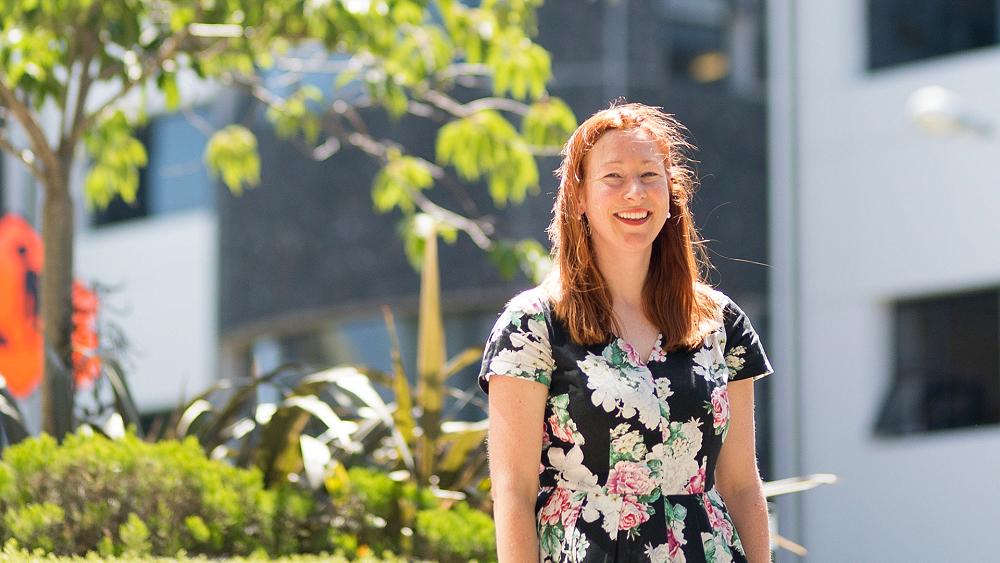
Keyboard warriors
Kathryn van Beek has recently completed her Doctorate of Professional Practice on writing as a tool for positive change. This is an extract from one of her essays, Going Dutch.
Pākehā know we’re the uninvited guests who crashed the South Pacific party, ate all the snacks and crapped in the pool. Perhaps some of us carry a sliver of fear in our bellies—fear that we’ll be asked to go back where we came from. But those of us with complicated or lost family histories don't know where 'where we came from’ is. I still haven’t been to England. But in 2018, I finally made it to The Netherlands.
The Dutch spirit of gezelligheid—cosiness and conviviality—was everywhere. It was evident in the perfectly maintained ancient streets that allowed cyclists and pedestrians to weave beneath the spires of medieval buildings, the flower-festooned bridges that curved over green canals, and the bakkerijen with creamy cakes heaped with fresh berries.
The most special part of the trip was staying with Dad’s cousin Jos in pastoral Dongen, near the tiny town of Terheijden where Dad was born. Determined to find Dad’s old house, Jos and his wife Antionette walked up and down the main street, questioning locals until we were directed to number four—a cream-coloured house with a tiled roof and net curtains. The bell was answered by an elderly lady, who smiled and said she’d bought the house from Opa and Oma when they moved to New Zealand.
Further down the street we visited De Arend, a pretty, ivy-covered windmill that dates back to 1742. We also visited cemeteries where my ancestors are buried—including a great-grandfather. Gazing out from one of Jos’s photo albums, old Cornelis looked almost exactly like Dad. That night, in a scene that could have come straight from the Missing Pieces whānau reunification show, Jos’s extended family gathered to meet me. In their looks and mannerisms they were just like my uncles—but more stylish in their crisp shirts, oatmeal-coloured pants and navy jackets. My overalls-wearing Dad had never returned to The Netherlands. Later, at a market, I bought him a ‘Made in Holland’ cap.
I joked that visiting De Arend was like visiting my maunga—but I didn’t feel the special connection to Terheijden I’d expected to feel. Though I felt at home in Holland, I never felt that sense of ‘coming home’. When it came to understanding what being Dutch meant for me, I returned to New Zealand with even more questions.
